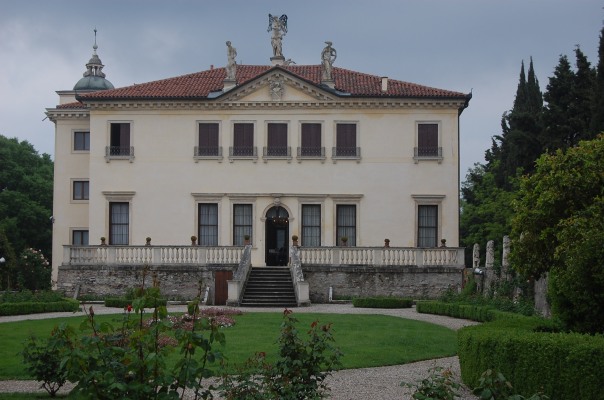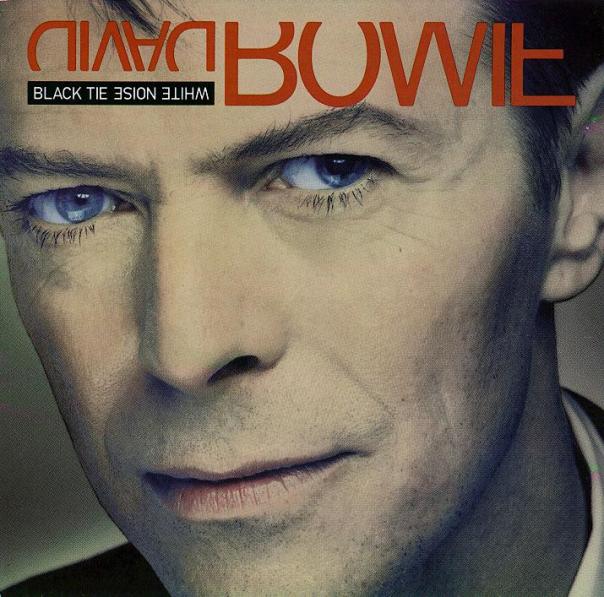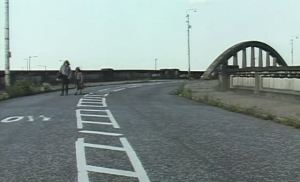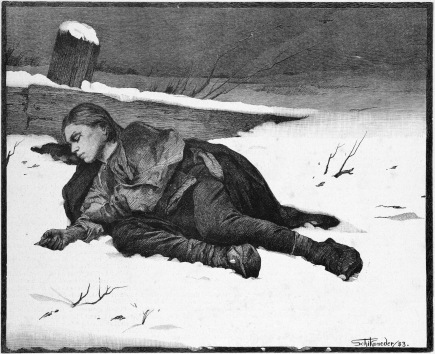More than two weeks after the shock announcement on David Bowie and I still can’t bring myself to write ‘2016’ as the year of his death. Don’t get me wrong, I was never the world’s biggest Bowie fan. I never rushed out to buy any of his records on the first day of release, I’ve rarely delved eagerly into his back catalogue when remasters came out. Before last year I had never bought any of his records on vinyl (I bought two second hand, and one new), and I had only been the most casual of listeners of the key installments of his life’s work. Apart from the recent Nothing Has Changed compilation, David Bowie took up very little space on my CD shelves: another “Greatest Hits” album, which I bought because it had the DVD with the videos, plus the Low and “Heroes” 1999 remasters which I seem to remember picking up cheaply from a closing down store. That’s about it. I recently bought his next-to-last album The Next Day partly out a ‘guilty’ feeling that i didn’t have that much Bowie in my personal collection, partly because the price dropped sharply after a few months of its release. It was played once then shelved. I bought 1997’s Earthling online a couple of years ago because I needed to make up a ‘3 for the price of 1’ CD purchase, and I asked a friend for advice. I don’t think I ever played it.

Yet I was always well aware of his presence, his influence and his importance in the British music industry and indeed in popular culture since the early 1970s. Saying “David Bowie” was like saying “The Beatles”: it was British pop and rock, it was British culture however much ‘American’ or ‘European’ he had wanted to make it at times. Neither David Robert Jones or David Bowie could have been born anywhere else, and as such he is as much a part of me as the Union Jack, the BBC and beans on toast. As I stated in my ‘gut reaction’ post on my fb profile page, Bowie wasn’t always present but he was always there, he wasn’t always good but he was always great.
So perhaps now, I really can start to appreciate his music and the great body of work he left behind. Don’t get me wrong: in the seventies I knew the words and sang along to Starman, Space Oddity and “Heroes”. After more than a passing interest in Boys Keep Swinging in ’79, I caught up with him proper from 1980 onwards – I was thrilled when Ashes to Ashes got to no. 1, I heard the other singles but never got round to hearing the Scary Monsters album. As the eighties continued, how we danced to China Girl, Blue Jean and (appropriately) Let’s Dance, and how we sneered at his demise mid-eighties onwards (although I must say that Loving the Alien is always a song and a perfomance I’ve always held in high esteem). My interest was somewhat re-kindled with the surprise The Next Day album and even more so by the 2014 ‘single’ Sue (Or In A Season of Crime) a ‘kitchen-sink’ drama set to music which saw Bowie pushing forward barriers once more with atonal almost avant-garde jazz arrangements
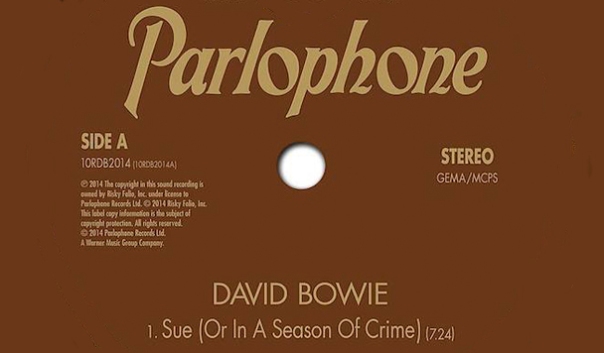
Sadly, much of the press and therefore public attention after his death has focused on his work in the 70s and 80s, and it would seem that he never produced anything of worth between the Let’s Dance album (1983) and the latest album Blackstar, released days before his death. Not so: Bowie ‘came back’ as a solo artist in 1993 after getting married, ‘settling down’ and generally getting back on track. It is precisely the ensuing albums (from 1993 to 2003) which interest me the most, and now finding out about what he was getting up to, how he was making and presenting his music, his art, and his persona during that period has become my latest curiosity (nay, obsession). My ‘gut reaction’ to Bowie’s death was to buy as many of these albums as I could: I quickly and cheaply sourced 1.Outside, Hours…, and Reality to add to the special 2xCD edition I had of Heathen bought second-hand form an Italian last year, again on a recommendation. ‘Classic’ albums such as Ziggy Stardust, Aladdin Sane, Diamond Dogs, Pin-Ups have little appeal to me. There’s no doubting the quality and breadth of any of these or indeed his work from Station to Station (first released forty years ago) and throughout “the Berlin trilogy” (’77-’79), but I feel these works have been discussed and analysed enough. My tendency is often to go for the ‘underdogs’, the lesser known, the minorities, so I’d like to go through those 93-03 albums as best I can in whatever time it takes. (Who knows, I might later want to do a total rewind…)

In my upcoming venture I am grateful to the friends who have helped me source the necessary audio and visual material and of course to the internet sites such as Discogs, Musicbrainz for their meticulous cataloging of his work. Gratitude and esteem also goes to the mighty Pushing Ahead of the Dame aka bowiesongs.wordpress.com for links to songs, resources and general background information and trivia associated with each and every track. Don’t worry: i won’t even attempt to come near to that kind of writing, either in terms of quality or quantity.
Finally, thank you David Bowie, and I really am very sorry I missed you first time round, but perhaps I was too busy paying attention to music by so many other artists, the majority of which you yourself no doubt inspired and influenced through your own art. We were always all just loving the alien.


